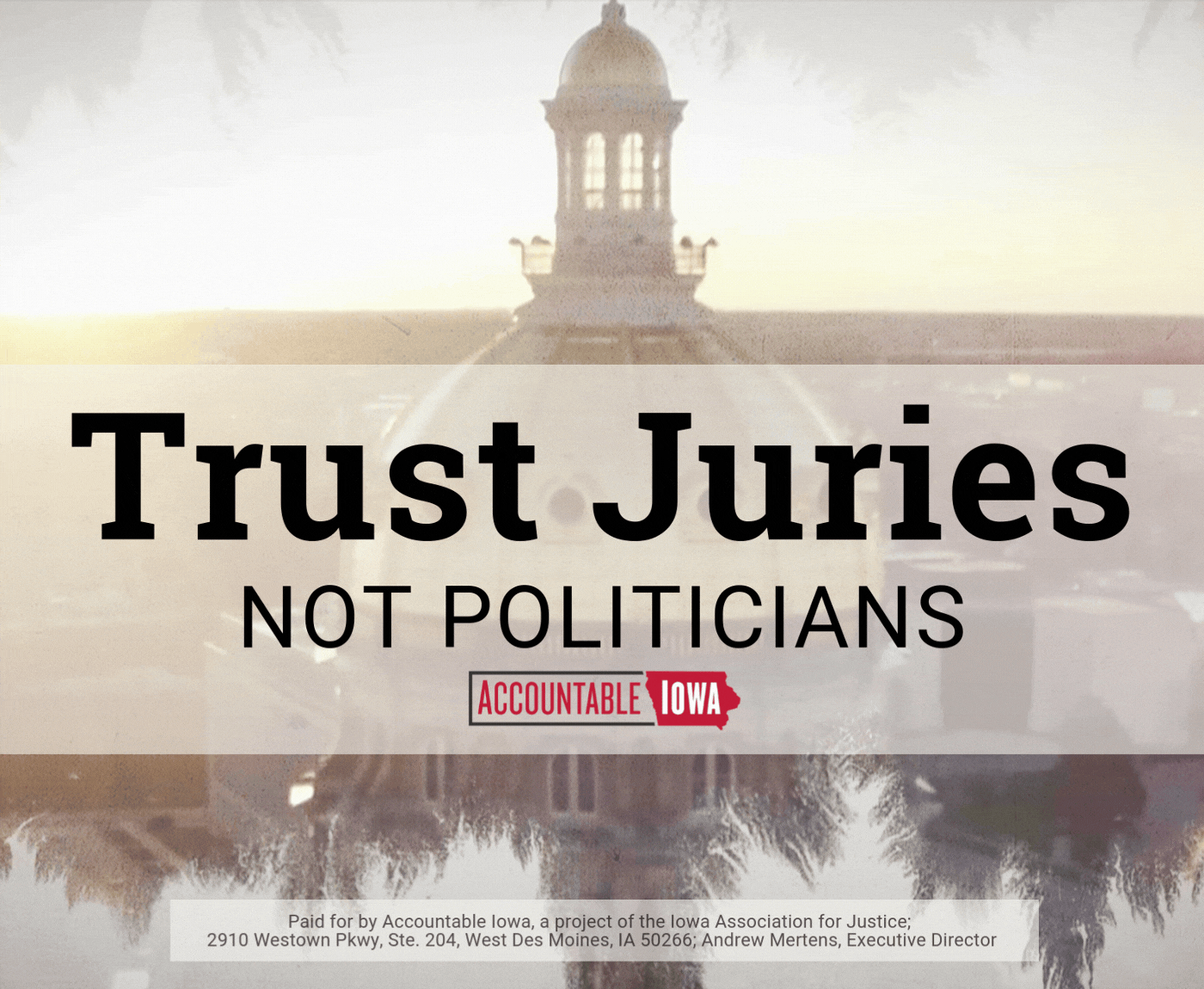Attacks against Trump supporters continue to phone in from the Left and Right. The latest is from Michael Horton who is the J. Gresham Machen professor of systematic theology and apologetics at Westminster Seminary California. He has been joined by Never-Trumpers Beth Moore, David French, and Rod Dreher, author of The Benedict Option.
Horton’s article is a reaction to the “Jericho March” that was held in Washington, DC. Horton called it “a wakeup call for Christ’s body” in his article “The Cult of Christian Trumpism”:
Dreher was struck by how enthusiastically evangelicals seemed to participate in the inter-religious festivities. An American-born Israeli man received permission from his Orthodox rabbi to break Shabbat to blow his shofar and another, red-white-and-blue-decorated “Trump Shofar.” Roman Catholic representatives invoked the Virgin Mary and the saints.
More than 70 million Americans voted for Trump including millions of Christians who had no intention of attending the Jericho March. It’s hardly a wake-up call. The wake-up call lies elsewhere.
Compared to Horton, Moore, French, and Dreher, my platform is small and my reach minimal, but I plug along. In a word, I understand the people who support Donald Trump, and they are not in a cult. They are frustrated people who have needed someone to be their voice and to act on their concerns. Trump has been that voice.
When there was a choice between Trump and Hillary and Trump and Biden, the choice was easy. Many of the Trump supporters I know did not vote for him in the primaries. I voted for Ted Cruz, but when it came down to the General Election, voting for Trump was shaky at first, but as time went on, we saw that Trump was a fighter and was trying to keep most of his promises with little help from many of his fellow-Republicans.
From day one he was attacked by the Democrats. Then there were the Never Trumpers like Bill Kristol who showed their true colors when Trump was elected. The same could be said for John McCain and Mitt Romney.
Before I get into the substance of Horton’s article in a later article, I would like to give some background regarding Horton’s overall worldview as it relates to the topic under discussion in his article.
Horton describes Reconstructionists like myself as “zealous postmillennialists” who “are in danger of turning law into gospel” and “confusing salvation and earthly utopia.” He then charges Reconstructionists with defining the “kingdom as geopolitical.” (Michael Scott Horton, Putting Amazing Back into Grace (Nashville, TN: Thomas Nelson, 1991), 191.) Not one of these charges has any basis in fact. Similar charges have been answered so many times in numerous books and newsletters that I am not going to take the time to answer them here. If you would like a description of Reconstructionist principles, see Gary North and Gary DeMar, Christian Reconstruction: What It Is. What It Isn’t. (1991), The Debate Over Christian Reconstruction (1989), and Gary DeMar and Peter J. Leithart, The Reduction of Christianity: A Biblical Response to Dave Hunt (1988). Also see my three chapters in Theonomy: An Informed Response (1991).
It is obvious that Horton has not read much Reconstructionist literature.
Horton would place himself squarely within the Reformed tradition. He would claim to follow the views of John Calvin, J.A. Alexander, Charles Hodge, A.A. Hodge, and B.B. Warfield. Using only a single example, let us compare Horton’s views with those of A.A. Hodge, Professor in Systematic Theology at Princeton Seminary from 1877 until his death in 1886.
Hodge made the case that “the kingdom of God on earth is not confined to the mere ecclesiastical sphere, but aims at absolute universality, and extends its supreme reign over every department of human life.” (A.A. Hodge, Evangelical Theology: Lectures on Doctrine (Carlisle, PA: The Banner of Truth Trust, [1890] 1990), 283.) The implications of such a methodology are obvious: “It follows that it is the duty of every loyal subject to endeavour to bring all human society, social and political, as well as ecclesiastical, into obedience to its law of righteousness.” (Hodge, Evangelical Theology, 283. Emphasis added.) Hodge, too, was a “zealous postmillennialist.” (A.A. Hodge, Outlines of Theology (New York: A.C. Armstrong and Son, 1891), 568–571.) as was B.B. Warfield. In addition, Hodge had no problem in teaching that there are political implications to the preaching and application of the gospel. Consider the following:
It is our duty, as far as lies in our power, immediately to organize human society and all its institutions and organs upon a distinctively Christian basis. Indifference or impartiality here between the law of the kingdom and the law of the world, or of its prince, the devil, is utter treason to the King of Righteousness. The Bible, the great statute‑book of the kingdom, explicitly lays down principles which, when candidly applied, will regulate the action of every human being in all relations. There can be no compromise. The King said, with regard to all descriptions of moral agents in all spheres of activity, “He that is not with me is against me.” If the national life in general is organized upon non‑Christian principles, the churches which are embraced within the universal assimilating power of that nation will not long be able to preserve their integrity. (Hodge, Evangelical Theology, 283–284.)
Hodge calls the Bible the “great statute‑book of the kingdom.” In effect, he was a “biblicist” who believed the Bible should be used as a textbook on social theory. This is Christian Reconstruction in a nutshell! Horton rejects all of this. He claims that “there are two kings and two kingdoms, each ruling a distinct sphere… In the kingdom of culture, what Augustine called ‘the city of man,’ there are rulers, there are laws, there are customs which are regulated by human wisdom.” (Michael Scott Horton, “Beyond Culture Wars,” Modern Reformation (May/June 1993), 2.) What is the foundation for human wisdom in a strictly secular materialistic worldview driven by the scientific enterprise of evolution?













